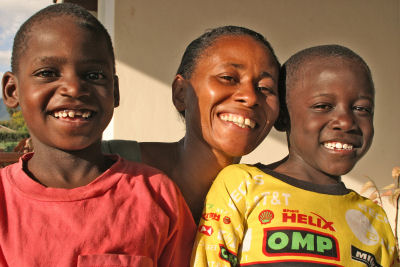Aids Orphans in Tanzania

Tanzania has for many years been an island of stability in East Africa, following reform and steady economic growth. However,as a result of wars in neighbouring Rwanda, Burundi, and Congo, the country has the largest refugee population in Africa. The challenge for Tanzania, as in so many countries of sub-Saharan Africa, is to control the spread of HIV/AIDS and to create better living conditions for the rural poor. The prevalence rate of HIV/AIDS is nearly 9 per cent, though it is thought that the infection rate is higher. There are nearly a million so-called AIDS orphans, which is about 40% of all orphans, and many families are child-led with children having to care for their parents and their siblings.
SOS Children in Tanzania
SOS Children has been working in Tanzania since 1995, first on the island of Zanzibar and then in 2000 at Arusha in the north of Tanzania. We work to support orphaned and vulnerable children and their families including those affected or infected by HIV/AIDS. As part of SOS Children's Family Strengthening Programme to help prevent abandonment, we focus on the needs of children and families with HIV/AIDS.
If you interested in helping the situation in the Tanzania you might like to consider how to sponsor a child in Tanzania.

 Return to Schools Wikipedia Home page…
Return to Schools Wikipedia Home page…
